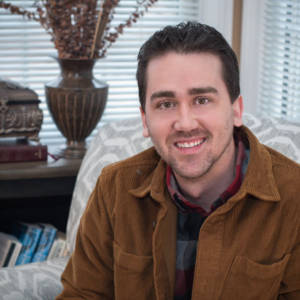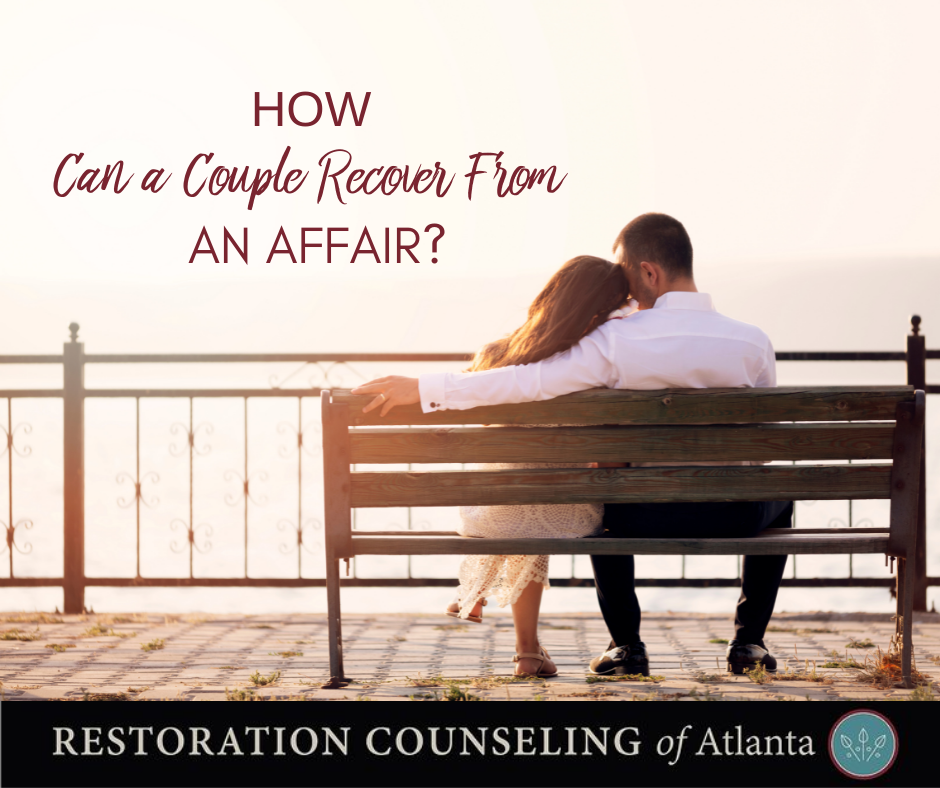How can a couple recover from an affair?
Working through an affair can be an extremely painful experience. When an affair is discovered or disclosed, couples have one of three options: end the marriage, disconnect emotionally and stay together out of loyalty, or try and do the difficult work of healing and repair. I can’t tell you which option is best for two people, but I find that couples that commit to the process of healing have healthier and more intimate marriages than they ever imagined. If the marriage has any chance of survival, it likely requires a new level of vulnerability from both partners. This, in the face of deep relational wounds and the uncertainty of the future, creates a challenge that many find insurmountable. I won’t address the first two options in this article, but if you and your spouse are trying to recover from the affair, here are a few encouragements that should help.
First and foremost, please do not walk through this alone.
I am sure there is tremendous anger, hurt, even shame from one or both of you, but having someone to guide you through this season is critical. Therapists experienced with affair recovery can provide a safe place to express yourselves, explore why it happened, attune to each other, and rebuild trust. If the cost of therapy is an issue, many churches provide financial assistance to couples. Even working with a therapist for 6-10 sessions may be enough to gain a foundation of understanding and forgiveness and begin the repair.
Secondly, commit to the process.
Some couples may be confident that they want to make things work, but for those that aren’t, I want to remove the pressure of needing to make an immediate decision about your marriage. In my first session of affair recovery work, I simply ask the couples to commit to the process of recovery. One spouse or the other may be indecisive. Rather than having both spouses commit to a relationship that is shattered beyond hope, I typically ask couples to give me two or three months. The first few weeks after learning about an affair are an overwhelming time. I discourage couples from making a decision about the future of the marriage early on. I know you feel betrayed, and the wounds are fresh and excruciating, but I also have tremendous hope for your marriage. After the set amount of time, you and your spouse can evaluate where you are emotionally and if you want to continue the healing process together.
Third, try to get as much information out on the table as possible.
Many who have committed the affair want to protect their spouse from more hurtful information or think that their spouse will leave if certain details are disclosed. This can lead to destructive patterns of deception or withholding. It is possible that certain details aren’t known or remembered, and continuing to hound the offender for exact details can continue disconnection. With that said, I do believe it is important for the cheated partner to ask as many questions as they have about the affair early on as possible. Each new bit of information rips off any scab that has begun to form, and I find that new information slows the healing process.
Fourth, do not rush your healing.
Sometimes couples I work with are eager to move on past the grieving stage, and I think this is a mistake. Allowing both couples to express and process their feelings is critical. If you and your spouse are trying to heal and rebuild trust, a season of anger, forgiveness, understanding, and atonement are all important.
Remember that the worst is in the past.
One thing I tell my clients is, “the old marriage, in a sense, is dead.” The trust has been destroyed and must be completely rebuilt—this time with deeper foundations. In an affair, the worst has already happened, and you and your spouse are still trying to preserve something. I think this can be a gift to your marriage.
Surrender to God’s love and redemption.
Many clients I work with struggle with vulnerability, afraid that if their spouse really knew them, really understood them, they would laugh or be disgusted or even leave. But when a couple seeks to recover from an affair, that fear is often greatly diminished as the wounding has already occurred, and they have both shown they are willing to try to make it work. A quick note on this, some clients express sadness at the idea of their old marriage being dead, stating, “but I loved our marriage.” I say the above not to say certain things can’t be claimed and redeemed in the new marriage. Instead, we are fighting to create a marriage that isn’t vulnerable to infidelity—one where connection and intimacy serve as a barrier.
It takes tremendous courage to try and survive an affair. I applaud you for looking into the possibility of recovery, and I hope I have encouraged you in such a season of darkness. I have seen shattered couples made new again and trust rebuilt. It is very hard work, but if you and your spouse are humble enough to try, I am confident that, when surrendered to God’s love and redemption, you can create something together that is more beautiful than either of you could have imagined.
 Written by: Kyle Sussenbach, MA MFT, LAMFT
Written by: Kyle Sussenbach, MA MFT, LAMFT
Roswell and Buckhead locations
kyle@restorationcounselingatl.com, ext. 117
Kyle is trained to work with individuals, couples, and families experiencing various issues, including depression, anxiety, addictions, anger, suicidality, and relational distress. He also pursued further training related to sexual issues, including shame, dysfunction, addiction, paraphilia, and trauma.
He is certified in PREPARE/ENRICH and is a Level 2 Gottman Method Couples Therapist. His primary focus is working with couples through relational and sexual difficulties. He is passionate about marriage and its purpose in sanctifying the couple and illustrating the relationship between Christ and the Church.

